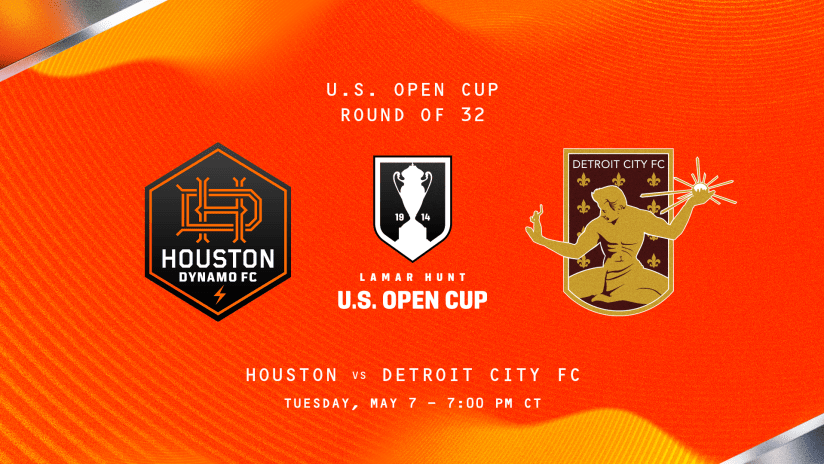One of the major talking points after the first leg of the Eastern Conference Championship last weekend was the physical nature of the game. The Houston Dynamo and Sporting Kansas City threw themselves into the game, not in a contentious manner, but with neither team shying away from a challenge.
Along the way, several calls were made and some feel others were missed as the game was allowed to play out. The nature of the game prompted SKC goalkeeper Jimmy Nielsen to proclaim his happiness that both teams were allowed to play a physical style in an on-field interview with MLSsoccer.com's Katie Witham.
“Overall, the game was very physical. I'm very happy the referee allowed us to play hard. Very few chances in the game – it's all still open now,” noted the veteran 'keeper.
Thanks to Saturday's scoreless draw, the return leg on Nov. 23 will decide each team’s fate. That game will take place at Sporting Park, and the question is, will consistency hold true and the teams be “allowed to play” with their season on the line?
“I look at it one way every time there’s a game, whether it’s the playoffs or the regular season, you want the refs to be consistent with his calls,” Houston coach Dominic Kinnear told MLSsoccer.com. “I think we’ve seen that in the playoffs so far.”
Houston and Sporting are known for waging physical battles, prompting some to suggest that that their bouts be waged in a ring rather than on a soccer field. While the run of play may not be suited for every purist, it suits the clubs just fine.
However, one of the underlying stories from Saturday’s game was the physical play of Aurelien Collin. The SKC center back was involved in two second-half plays, first hacking down Omar Cummings and later stepping on Cam Weaver’s foot in the penalty box, that got attention for their physicality – and lack of discipline at the hands of referee Kevin Stott.
Had Collin been given a yellow card on either play, he would be forced to sit out the return leg, not to mention the penalty kick that a foul call on Weaver would have earned for the Dynamo. While the fouls, or non-calls, presumably went in SKC’s favor, goalkeeper Tally Hall understands that consistency in the playoffs sometimes comes with a measure of caution.
“As a player I want the referees to be cautiously giving out cautions,” he told MLSsoccer.com. “I want the referee to know that a yellow card means a whole lot more in the playoffs than it does in the regular season.”
“I want them to say ‘I know a yellow card means a whole lot more in the playoffs, let me be sure that if I’m going to give a yellow card it’s the right decision,’” the goalkeeper said.
After this game, yellow cards go by the wayside, as caution accumulations do not apply towards MLS Cup. While Hall understands being aware of what a yellow card means in the playoffs, he was clear that consistency is important overall. That consistency is the most important thing following a long with the idea that if a game is called fairly on both sides it works out for everyone.
“You just have to worry about consistency,” said Dynamo defender Kofi Sarkodie. “I think that’s all you can ask for because at the end of the day, refereeing is tough. The best thing you can do is be consistent with your calls. If it’s a foul, you call a foul or if you let things go, you let them go for both teams.”
Darrell Lovell covers the Houston Dynamo for MLSsoccer.com.





